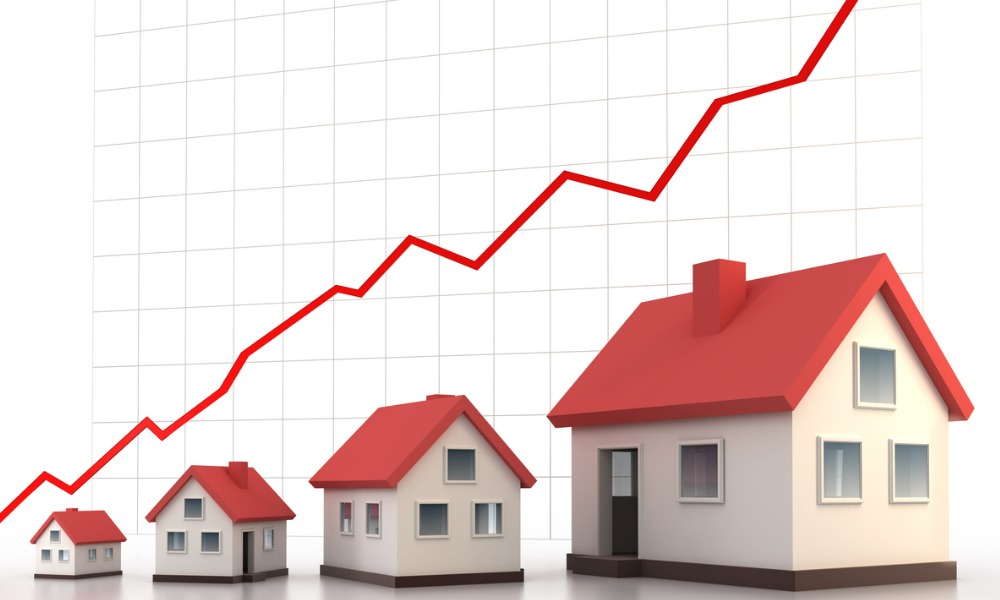Those already in the game are winning but things keep getting tougher for potential new entrants

Becoming a first-time homeowner, or beginning a residential real estate investment portfolio, keeps on getting tougher.
The latest barometer of Canadian home prices shows that the gains picked up some speed in January, despite inflation putting pressure on budgets and interest rate increases ahead.
The Teranet-National Bank National Composite House Price Index showed an increase of 16.6% year-over-year last month.
The month-over-month increase was 1.3%, up from 0.8% in December; seasonally adjusted it was 1.7%, up from 1.1% in December. It was the third straight month of gains month-over-month.
However, the exceptional strong demand that is driving higher prices may be influenced by mortgage borrowers who have locked in good rates ahead of anticipated increases.
Historic low supply of 1.6% means that the buoyant market is set to keep prices moving upwards for several months yet, despite the likely interest rate rises.
Biggest gains
Halifax (32%), Hamilton (26%), and Victoria (21%) reported the highest year-over-year gains among the 11 CMAs in January.
Outside of the Composite 11, Windsor saw the largest gain (33%).
On a month-over-month basis, Toronto (2.4%), Victoria (2.2%), and Hamilton (1.9%) posted the largest increases.
Most of the Composite 11 markets reached index record highs in January, but some including Quebec City, Thunder Bay, Peterborough, Ottawa-Gatineau, Belleville, St.John’s, Moncton, Saint John, and Lethbridge were below their 2021 peaks. Edmonton’s peak on the index was in 2007.
The Teranet-National Bank National Composite House Price Index tracks price increases relative to a base value of 100 in June 2005. Its nationwide reading of 292 means that prices were 292% higher in January 2022 than in June 2005.



